Uncategorized
-
 Ecosystems
EcosystemsA Caribbean island gets everyone involved in protecting beloved species
Scientists on Saba are introducing island residents to conservation of Caribbean orchids, red-billed tropicbirds and urchins.
By Anna Gibbs -
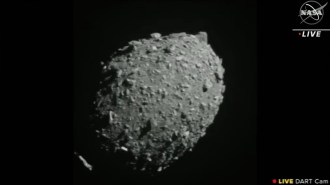 Planetary Science
Planetary ScienceNASA’s DART spacecraft just smashed into an asteroid — on purpose
If the first-ever attempt to knock a space rock off course works, it could provide a blueprint to protect Earth from a killer asteroid.
-
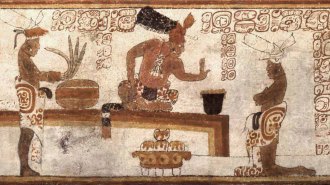 Anthropology
AnthropologyIn Maya society, cacao use was for everyone, not just royals
Previously considered a preserve of Maya elites, cacao was consumed across all social strata, a new study finds.
-
 Environment
EnvironmentMangrove forests expand and contract with a lunar cycle
The carbon-sequestering trees grow in a roughly 18-year cycle according to tides influenced by the moon’s orbit, a study in Australia finds.
-
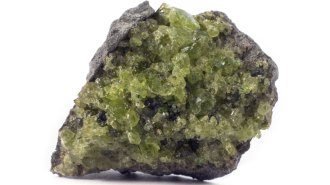 Earth
EarthHere’s how olivine may trigger deep earthquakes
Olivine’s transformation into another mineral can destabilize rocks and set off quakes more than 300 kilometers down, experiments suggest.
By Nikk Ogasa -
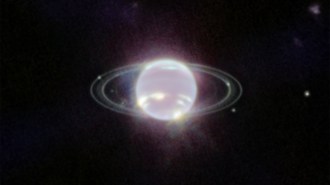 Planetary Science
Planetary ScienceHere is the first direct look at Neptune’s rings in more than 30 years
In 1989, the Voyager 2 spacecraft took the first pics of Neptune’s rings. Now, NASA’s James Webb Space Telescope is providing a more detailed look.
-
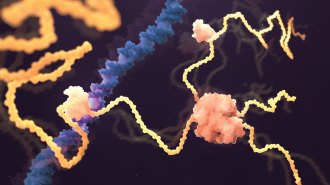 Life
LifeHas AlphaFold actually solved biology’s protein-folding problem?
An AI called AlphaFold predicted structures for nearly every protein known to science. Those predictions aren’t without limits, some researchers say.
-
 Particle Physics
Particle PhysicsHow ghostly neutrinos could explain the universe’s matter mystery
If neutrinos behave differently from their antimatter counterparts, it could help explain why our cosmos is full of stuff.
-
 Health & Medicine
Health & MedicineThis face mask can sense the presence of an airborne virus
Within minutes of exposure, a sensor in a mask prototype can detect proteins from viruses that cause COVID-19 and other respiratory illnesses.
By Freda Kreier -
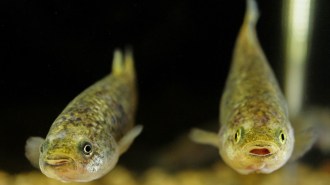 Animals
AnimalsAfter eons of isolation, these desert fish flub social cues
Pahrump poolfish flunked a fear test, but maybe they’re scared of other things.
By Susan Milius -
 Astronomy
AstronomyA protogalaxy in the Milky Way may be our galaxy’s original nucleus
Millions of ancient stars spanning about 18,000 light-years at the Milky Way’s heart are the kernel around which the galaxy grew, researchers say.
By Ken Croswell -
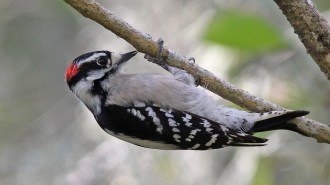 Animals
AnimalsDrumming woodpeckers use similar brain regions as songbirds
Woodpeckers drum on trees and other objects using brain regions similar to those that songbirds use to sing, suggesting a common evolutionary origin for the complex behaviors.